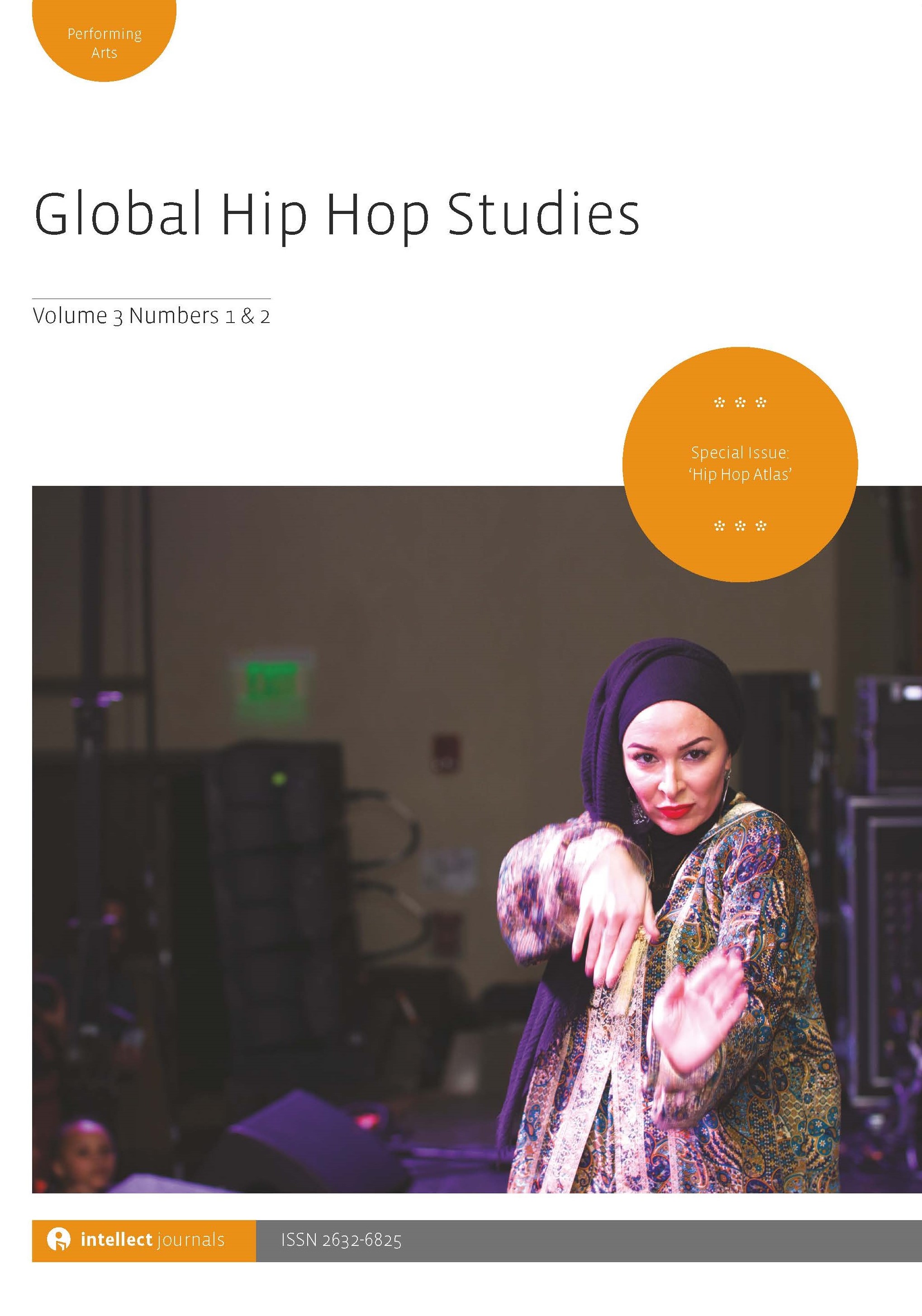-
oa Germany (Deutschland)
- Source: Global Hip Hop Studies, Volume 3, Issue 1-2: Hip Hop Atlas, Dec 2022, p. 57 - 63
-
- 01 Oct 2022
- 01 Nov 2022
- 20 Dec 2023
Abstract
This article provides a brief overview of hip hop’s development in Germany. First, it explains how rap music and hip hop culture arrived in a divided Cold War Germany in the 1980s. It then traces the music genre’s evolution into one of Germany’s most popular and commercially successful music genres since the country’s reunification in 1990. The contribution affirms that rap music and hip hop culture in Germany continues to reflect, revise and respond to larger social justice issues in German society, such as struggles for racial, ethnic, gender and sexual equality. The author argues that hip hop culture in Germany is a rich, multi-faceted and diverse phenomenon which has been shaped by, responds to, and remains embedded in larger geopolitical and transnational dynamics in Europe and beyond.
Funding
- Hip-Hop’s Fifth Element: Knowledge, Pedagogy, and Artist-Scholar Collaboration (Award AH/ V002988/1)



